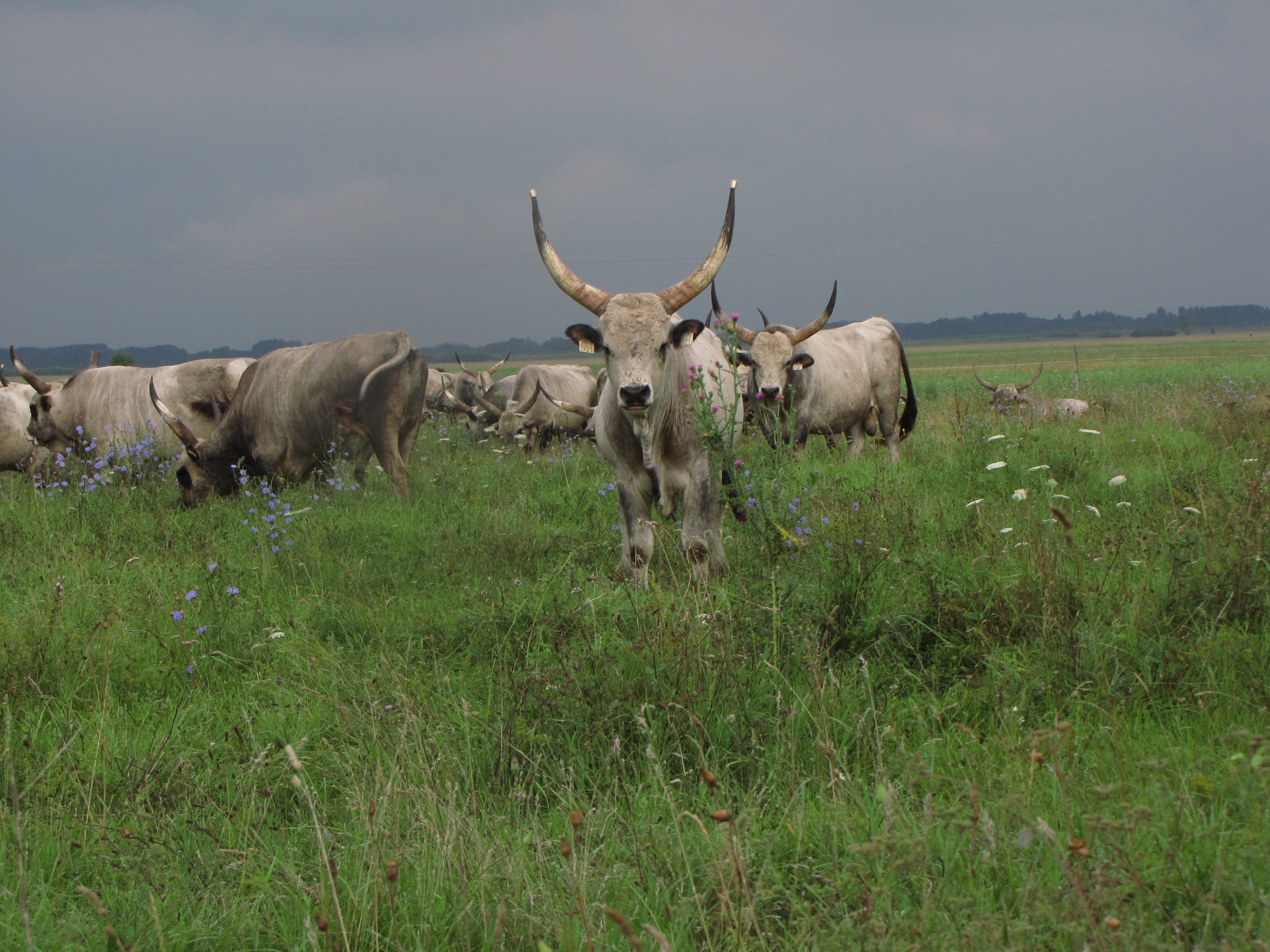Zsolt MOLNÁR (Vácrátót, Hungary): Traditional landscape stewards often manage and use biodiversity to produce food for the wider society. Traditional herders (one of the most common types of landscape stewards of species-rich grasslands in our region) possess a deep understanding of the livestock, its behaviour, the forages of their pastures, and the relations of livestock and plant species. Herders who keep their animals on species-rich pastures in protected areas also learn a lot from nature conservation, often through conflicts but also ever more often through cooperation and knowledge co-production with conservation rangers and scientists. Thus, traditional herding in a nature protected area is a precious opportunity as two knowledge systems meet here: Western Science and traditional/indigenous knowledge. We made knowledge co-production with herders at Kunpeszér, Kiskunság, Hungary in 2015-2016 and documented the grazing desire of beef cattle towards 117 plant species in various species-rich grasslands by visual observation of livestock behaviour. Many elements of these practices have potential conservation benefits, e.g. through avoiding under- and overgrazing, and targeted removal of pasture weeds, bushes, invasive species and litter. We argue that knowledge co-production could help develop innovative conservation management practices of species-rich grasslands.
Beginn des Seitenbereichs:
Seiteneinstellungen:
Ende dieses Seitenbereichs. Zur Übersicht der Seitenbereiche
Beginn des Seitenbereichs:
Suche:
Schließen
Ende dieses Seitenbereichs. Zur Übersicht der Seitenbereiche
Suchen
Beginn des Seitenbereichs:
Hauptnavigation:
Seitennavigation:
- Universität
Universität
Lösungen für die Welt von morgen entwickeln – das ist unsere Mission. Unsere Studierenden und unsere Forscher:innen stellen sich den großen Herausforderungen der Gesellschaft und tragen das Wissen hinaus. - Forschungsprofil
Forschungsprofil
Wissenschaftliche Exzellenz und Mut, neue Wege zu gehen. Forschung an der Universität Graz schafft die Grundlagen dafür, die Zukunft lebenswert zu gestalten. - Studium
Studium
Wo ist der beste Ort zum Studieren? An der Uni Graz. In einer inspirierenden Atmosphäre des Lernen und Forschens. Mit rund 120 Studien zur Auswahl. Für deinen Weg in die Zukunft. - Community
Community
Die Universität Graz ist Drehscheibe für internationale Forschung, Vernetzung von Wissenschaft und Wirtschaft sowie für Austausch und Kooperation in den Bereichen Studium und Lehre. - Spotlight
Ende dieses Seitenbereichs. Zur Übersicht der Seitenbereiche
Beginn des Seitenbereichs:
Sie befinden sich hier:
Ende dieses Seitenbereichs. Zur Übersicht der Seitenbereiche
28.05.2019
17:00 - 18:30
Dr. Christian Berg
[0031OG0002] Hörsaal HS 31.11, Schubertstraße 51, Obergeschoß
02
Mai 2024
12:00 - 20:00 Uhr
TRUST/VERTRAUEN – Open Science am Schöckl
02
Mai 2024
18:00 - 19:00 Uhr
GEO/KOLLOQUIUM: Der Winter 2023/24. Vorstellung der prämierten Bilder aus dem Schitourenportal
02
Mai 2024
19:00 - 21:00 Uhr
Der Streit um den Segen. Fiducia supplicans aus ethischer und pastoraltheolog. Perspektive
Beginn des Seitenbereichs:
Zusatzinformationen:
Ende dieses Seitenbereichs. Zur Übersicht der Seitenbereiche
Ende dieses Seitenbereichs. Zur Übersicht der Seitenbereiche
